Brazil has kicked off a social summit ahead of next week’s G20 meeting, marking the first time a civil society-focused event has been integrated into the agenda of the world’s largest economies. The initiative aims to elevate discussions on poverty, inequality, and sustainable development before global leaders gather for their annual summit.
Foreign Minister Mauro Vieira announced that around 40,000 participants from G20 nations are expected to attend meetings and discussions in Rio de Janeiro’s revitalized port district and the Museum of Tomorrow. The main G20 summit will take place on Monday and Tuesday.
Speaking at the opening ceremony—alongside other government ministers and First Lady Rosângela da Silva—Vieira emphasized that tackling global challenges requires direct input from civil society.
“Effective policies on sustainability and social justice cannot be developed without engaging with the voices of those directly affected,” Vieira said.
The proposals formulated during the social summit will be compiled into a final document for presentation at the leaders’ summit, with the goal of influencing policy discussions at the highest level.
First Lady da Silva, known as Janja, highlighted how this event sets Brazil’s G20 presidency apart from previous ones.
“This could be the start of a tradition where real people’s concerns are not only heard but taken into account in decision-making,” she said.
Voices from Brazil’s Favelas
In parallel, representatives from Brazil’s low-income communities, known as favelas, have been gathering in Rio as part of an initiative called F20. Last week, they released a joint statement calling for action on economic inequality, climate justice, sanitation, and digital and financial inclusion.
Favelas house 16.4 million people—about 8% of Brazil’s population—many of whom face daily struggles with inadequate infrastructure, limited job opportunities, and environmental hazards.
One such neighborhood is Rocinha, a sprawling community built into Rio’s mountainside, which recently became the country’s largest favela. Residents there continue to endure open sewage and economic hardship, issues they feel remain overlooked by national and international policymakers.
Antonio Florencio, 58, who has lived in Rocinha for four decades, expressed skepticism about whether the G20 discussions would translate into meaningful change for his community.
“The G20 will talk about big plans for the country and the world, but I don’t see how it will change anything here,” he said.
Beyond policy discussions, the Brazilian government is also hosting a free music festival in Rio’s port area from Thursday to Saturday. Popular artists like Seu Jorge, Daniela Mercury, and Zeca Pagodinho are set to perform, bringing cultural vibrancy to the event.

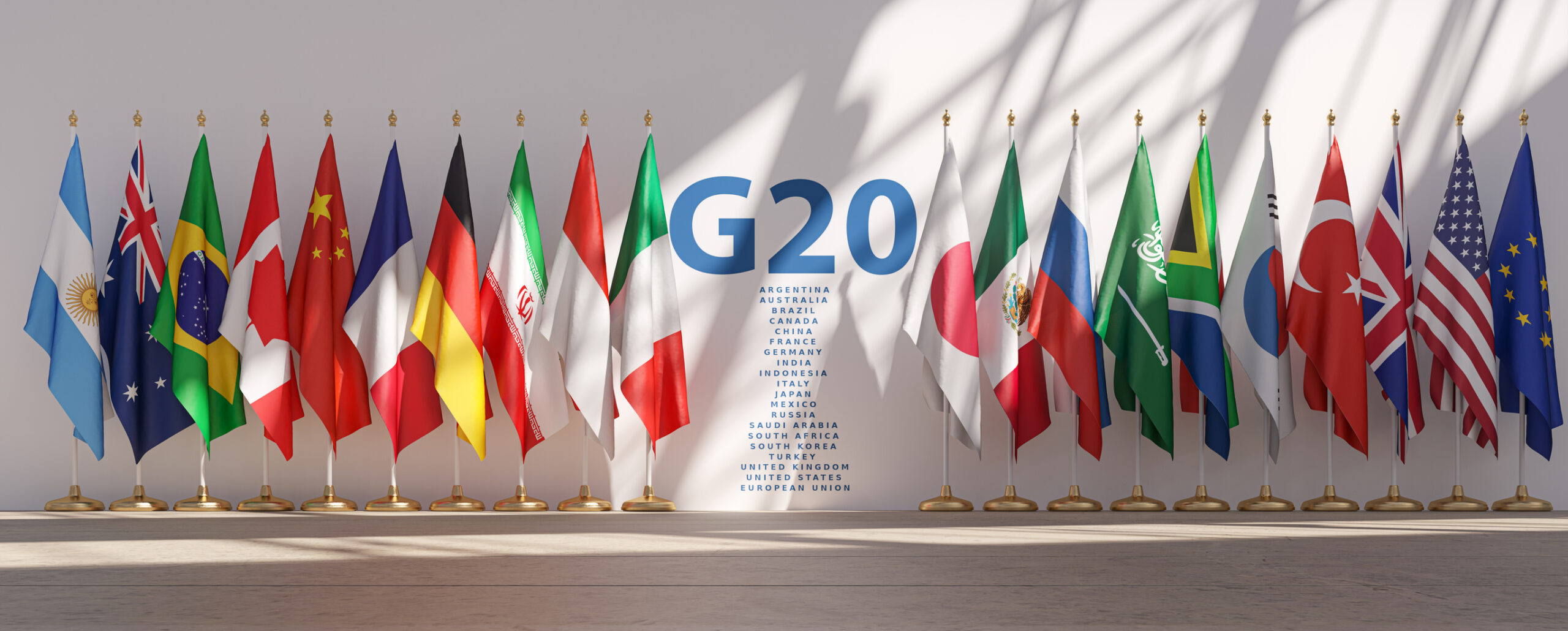


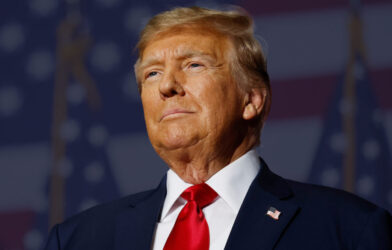
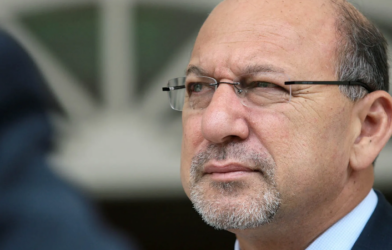
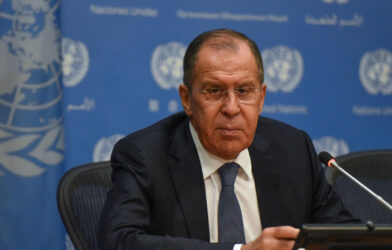

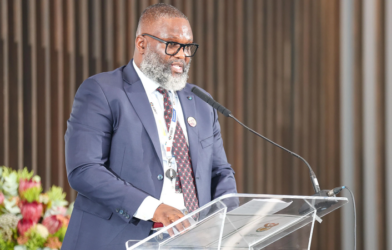

Comments are closed